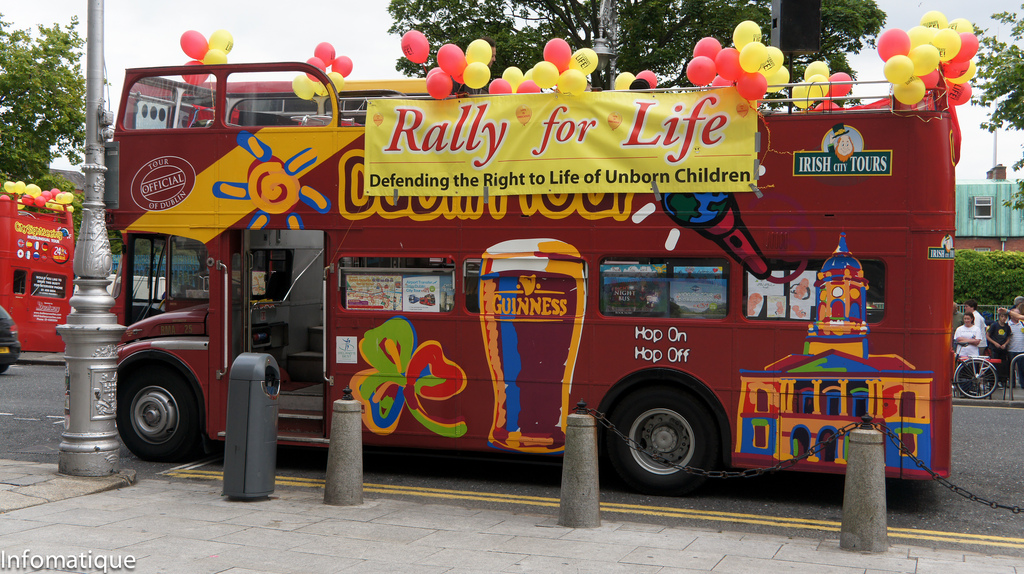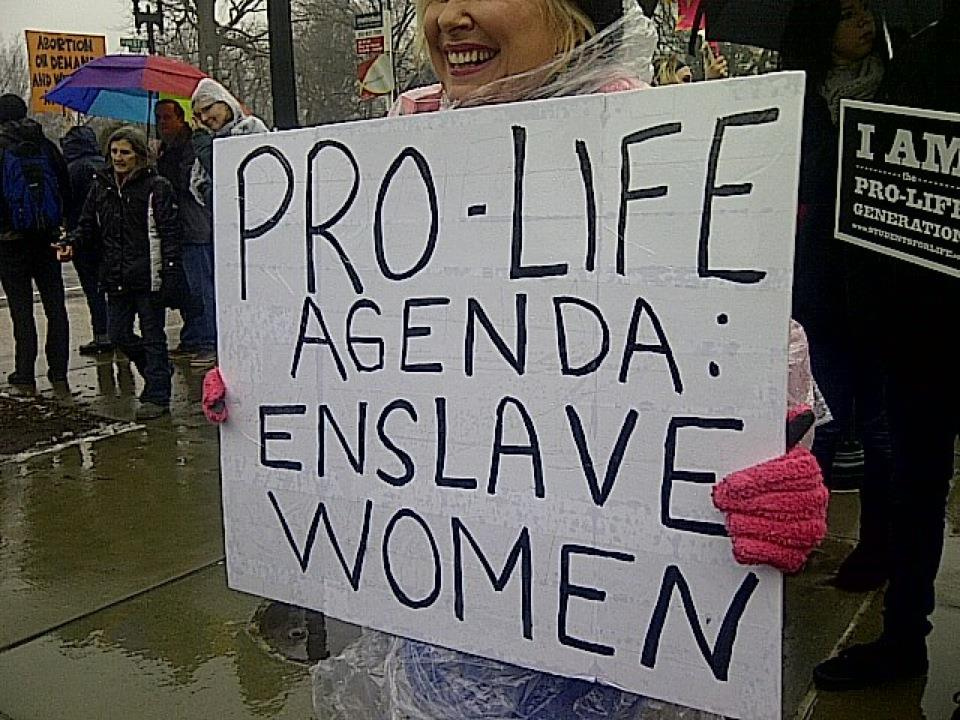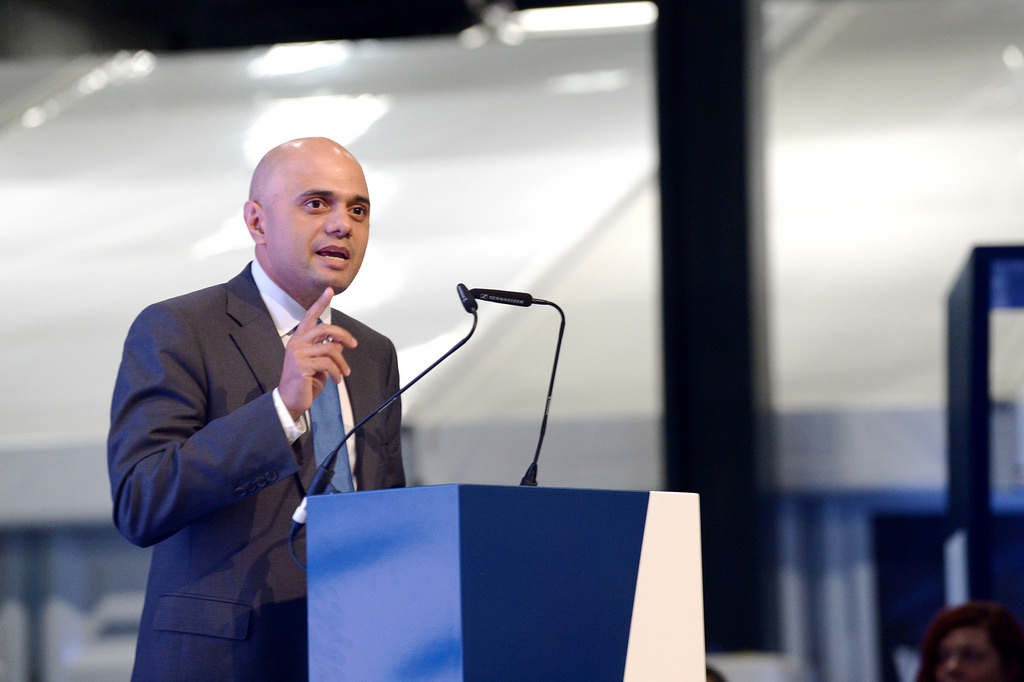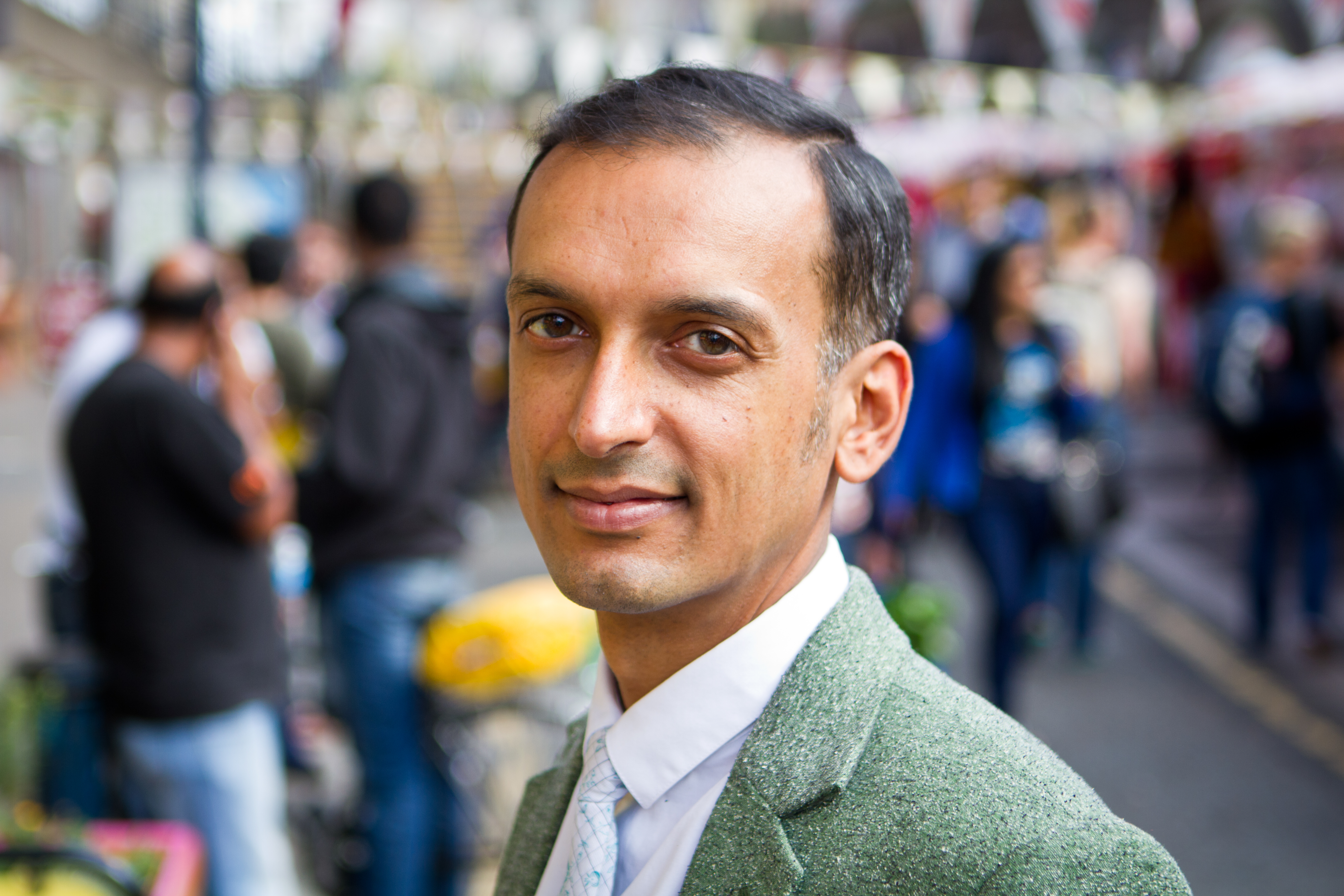Home Secretary Sajid Javid has announced that buffer zones barring anti-abortion protestors outside abortion clinics will not be introduced in England and Wales.
Late last year, following pressure from a cross-party group of more than 110 MPs, former Home Secretary Amber Rudd launched a review to consider legislation banning anti-abortion campaigners from protesting outside abortion clinics.
After considering the evidence gathered in the review, including 2,500 submissions, Javid decided that “introducing national buffer zones would not be a proportionate response”.
In a statement Javid acknowledges anti-abortion protestors, “can leave patients distressed and has caused some to rebook their appointments and not follow medical advice in order to avoid the protestors. In some of these cases, protest activities can involve handing out model foetuses, displaying graphic images, following people, blocking their paths and even assaulting them”.
However, in explaining his decision, Javid highlights that protests of this nature are a minority.
“In 2017, there were 363 hospitals and clinics in England and Wales that carried out abortions. Through the review, we found that 36 hospitals and clinics have experienced anti-abortion demonstrations.”
Reproductive Rights Versus the Right to Protest
 Credit: William Murphy Flickr
Credit: William Murphy Flickr
Reproductive rights relate to childbirth as well as reproductive and sexual health. They cover abortion, contraception, maternity rights and freedom from forced sterilisation.
Although reproductive rights and the right to have an abortion are not explicitly defined in the Human Rights Convention, case law relating to abortion usually falls under Article 8 of the Human Rights Convention, the right to family and private life and respect for an individual’s private life.
Article 3 of the Human Rights Convention, the prohibition of inhuman and degrading treatment, and Article 14, the right to be free from discrimination, also apply to reproductive and abortion rights.
Pro-choice campaigners and MPs have expressed disappointment in Javid’s decision, with Stella Creasy MP saying he “has let down women” and Caroline Lucas MP tweeting “no-one has a right to harrass, intimidate and obstruct women trying to access healthcare”.
In one tweet today you can see @sajidjavid has let down women in this country-he's just given the anti choice lobby the green light to keep harassing them when they attend abortion clinics. The Government must rethink the decision not to protect women's right to access abortion. https://t.co/QUPG00Uy59
— stellacreasy (@stellacreasy) September 13, 2018
Incredibly disappointed that @sajidjavid has rejected protest buffer zones outside abortion clinics.
We all have a right to protest – but no-one has a right to harrass, intimidate and obstruct women trying to access healthcare. https://t.co/AsyfSJUNiE
— Caroline Lucas (@CarolineLucas) September 13, 2018
At the same time, anti-abortion protestors and religious groups argue they have the right to express their religion and views, and to peacefully assemble, under Articles 9, 10, and 11 of the Human Rights Convention.
Anti-abortion protestors and religious groups are pleased with Javid’s decision. It remains to be seen whether they will now challenge Ealing Council’s introduction of the ‘first safe zone’ around an abortion clinic in April 2018.
protest activities can involve handing out model foetuses, displaying graphic images, following people, blocking their paths and even assaulting them.
Home Secretary, Sajid Javid
The right to protest is not an ‘absolute’ human right, it can be restricted for specific reasons, as prescribed by Article 11 of the Human Rights Convention, such as the need to preserve public safety and protect the health and freedom of others. Pro-choice campaigners may argue that preserving the ‘safe zone’ in Ealing is necessary to protect the women attending the health clinic.
Medical Colleges Call for Buffer Zones to Protect Patients
 Credit: Debra Sweet Flickr
Credit: Debra Sweet Flickr
In a statement, the Faculty of Sexual and Reproductive Healthcare and the Royal College of Obstetricians and Gynaecologists highlighted that protestors have also harassed staff, which raises the issue of workers rights.
“Intimidating staff who are providing a lawful and necessary sexual and reproductive healthcare service and approaching potentially vulnerable women accessing these services is unacceptable.”
The statement goes on to say, “The FSRH and RCOG call on the Home Office to act on the findings of the review and consider bringing forward legislation to protect the safety of women and healthcare professionals.”







